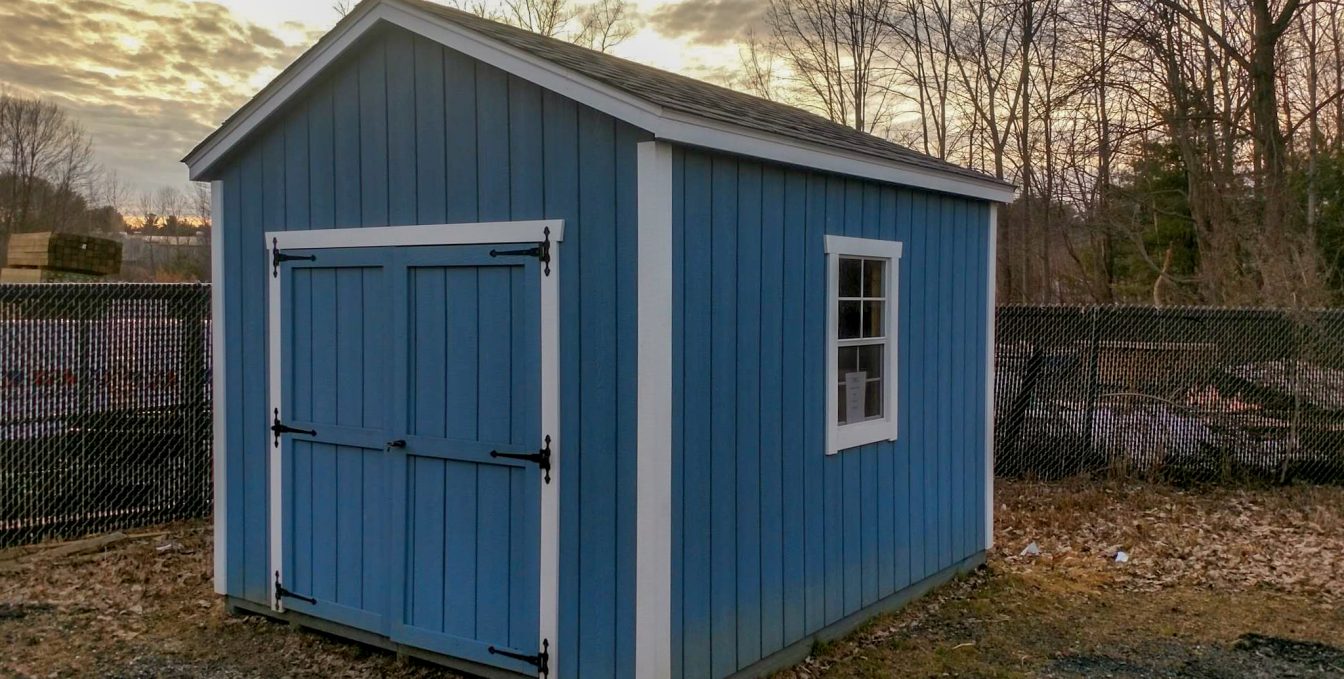A custom shed can be a valuable addition to your home, providing extra storage space or even serving as a workspace or play area. However, planning a custom shed project can be overwhelming, especially if you’re not sure where to start. In this article, we’ll provide some tips to help you plan your custom shed project, from deciding on the size and style of your shed to selecting the right materials and finding a reliable contractor.
Contents
1. Determine the Purpose of Your Shed
The first step in planning your custom shed project is to determine the purpose of your shed. Will it be used for storage, as a workshop, or as a play area? Understanding the intended use of your shed will help you make design decisions that are tailored to your specific needs.
For example, if you plan on using your shed as a workshop, you’ll need to ensure that it has enough space for your tools and equipment, as well as sufficient lighting and ventilation. If you plan on using your shed as a play area, you may want to consider adding windows for natural light and ventilation, as well as a fun paint color or decorations.

2. Consider the Size and Style of Your Shed
The size and style of your shed will depend on several factors, including the amount of available space in your yard and the purpose of your shed. Measure the area where you plan to place your shed and take into account any landscaping or features that may affect the placement, such as trees or rocks.
Consider the style of your home and the surrounding landscape when choosing the style of your shed. You may want to match the style of your shed to the architecture of your home, or you may prefer a more rustic or natural look. The size of your shed will depend on its purpose, as well as the amount of available space in your yard.
3. Select the Right Materials
Choosing the right materials for your custom shed project is important for both functionality and aesthetics. You’ll want to choose materials that are durable and weather-resistant, as well as attractive.
Wood is a popular choice for custom sheds, as it’s both attractive and durable. Cedar and redwood are both excellent choices, as they’re naturally resistant to rot and insects. Metal sheds are also a good option, as they’re durable and require little maintenance. However, they may not be as visually appealing as wooden sheds.
4. Decide on the Roof Style
The roof style of your custom shed is an important consideration, as it will protect your shed from the elements. There are several types of roofs to choose from, including flat, gable, and gambrel roofs.
A flat roof is a simple and cost-effective option, but it may not be the best choice if you live in an area with heavy snowfall or rain. A gable roof, with two sloping sides, is a popular choice for sheds as it provides good ventilation and allows for additional headroom. A gambrel roof, which has two slopes on each side with a steeper upper slope, is a good option if you’re looking for more interior space.
5. Consider Windows and Doors
Windows and doors not only provide access to your shed but also add to its overall aesthetics. Consider the size and style of windows and doors you want, as well as their placement. Windows will provide natural light and ventilation, which can be important if you’re using your shed as a workspace. If you plan on storing valuable items in your shed, consider using secure doors with locks.
6. Find a Reliable Contractor
If you’re not comfortable with building your shed yourself, it’s important to find a reliable contractor to help you with your custom shed project. Look for a contractor who specializes in building custom sheds and has experience working with the materials you’ve chosen.



